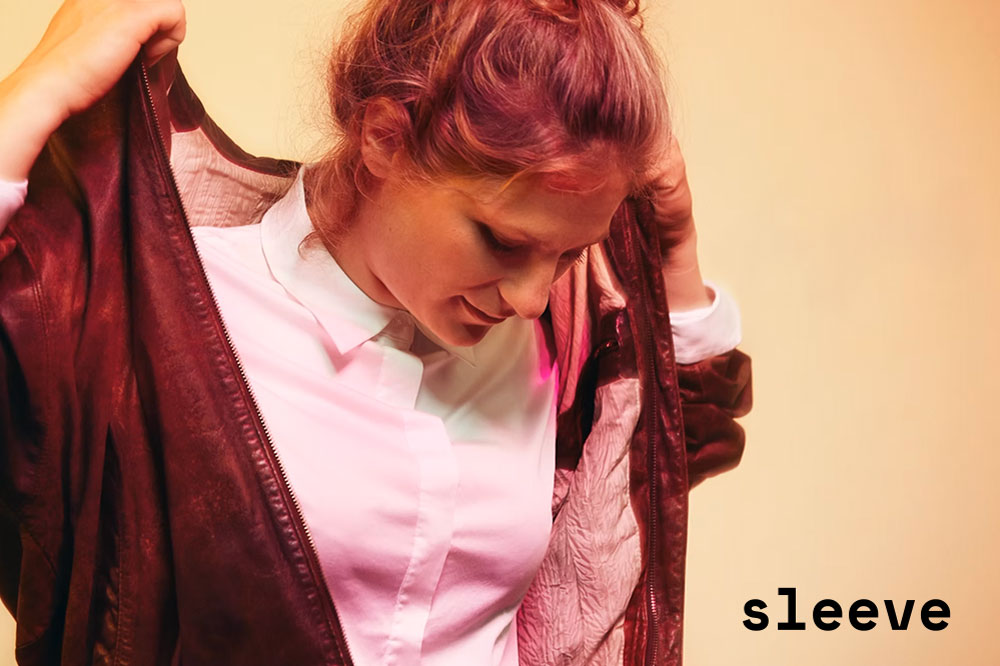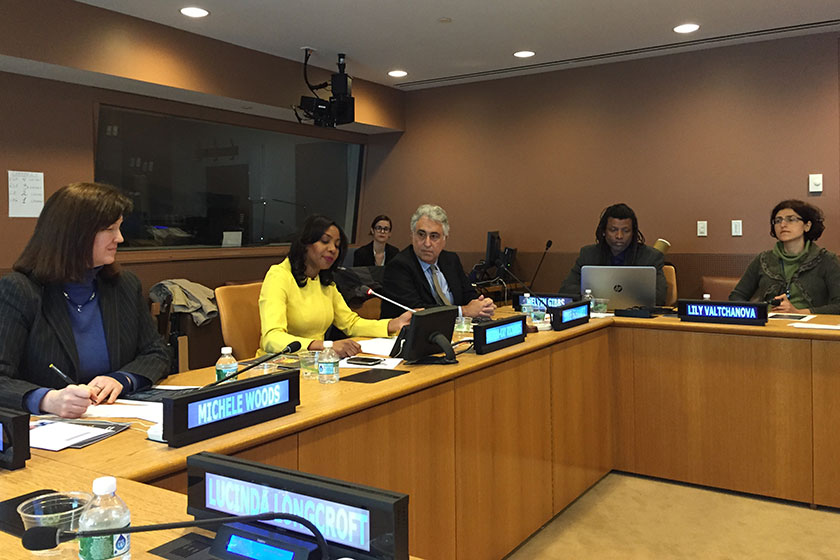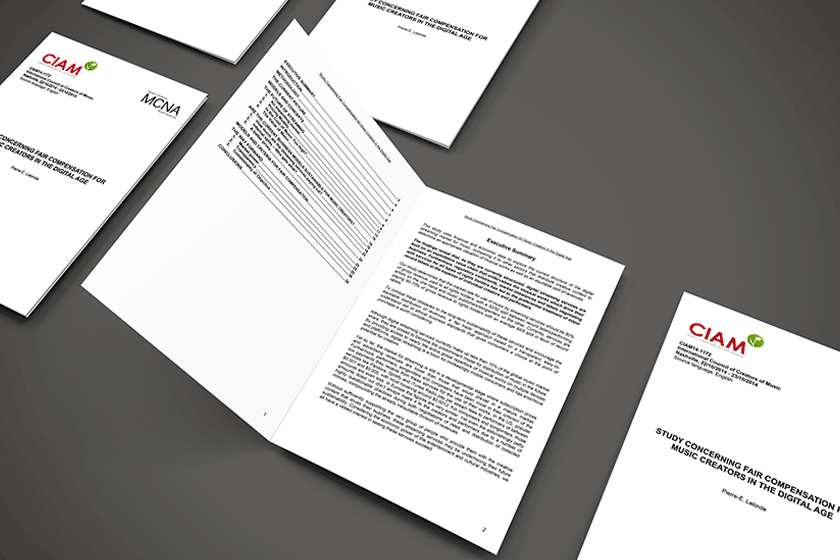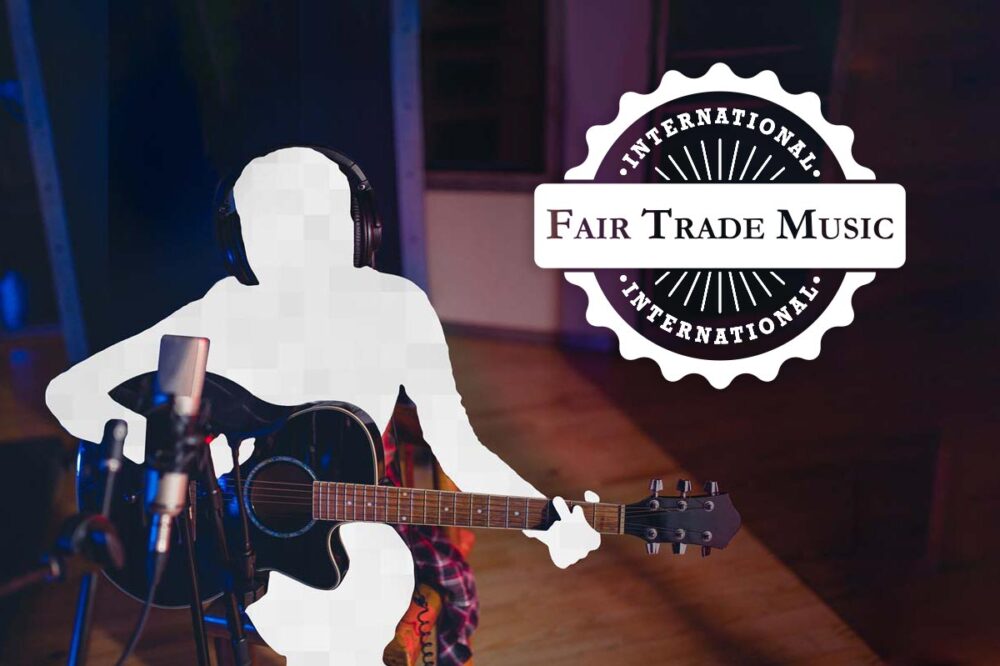Perhaps you don’t need to go viral to go direct?
All over the world today, music creators are finding it increasingly difficult to earn an equitable livelihood from the use of their work. Whilst the cost of living continues to rise, the value of their compositions are being continually eroded by unrealistically low streaming rates and by competition from Gen AI models trained on their catalogues without any type of payment or royalty. Battling against this tide are authors’ societies, responsible legislators and new ethically-focused platforms and startups focused on placing the creator back at the center of the music value chain.
With this series of guest columns, Fair Trade Music International will try to shed light on some of these initiatives. Our hope is that this will help people to make ethical choices when producing, distributing, streaming or purchasing music. Whilst inclusion in this series does not constitute endorsement, we hope it gives working music creators a few more options to investigate.
If any other organizations would like to talk to us about the work they’re doing to redress imbalances in today’s music creator economy, please get in touch.
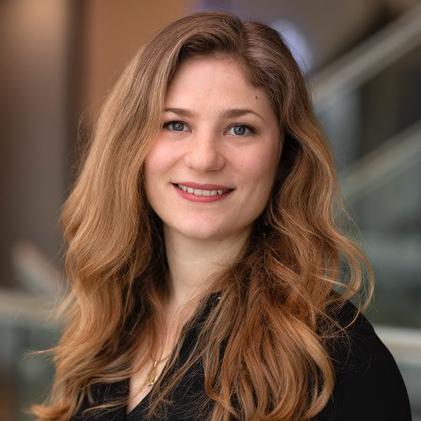
Guest article by Anna Lidell: songwriter, musician, authors rights advocate and co-founder of Sleeve
I’ve been writing songs for years now, and I know that feeling well—the one where you pour your heart into the music, spend months crafting every lyric and melody, only to watch it disappear into the streaming void. I’ve felt that quiet frustration that comes when something essential feels missing.
For the longest time, I thought it was just me. That maybe I wasn’t good enough, wasn’t playing the algorithm game right, wasn’t creating the kind of content that “goes viral.” But talking with other songwriters and musicians, I realized we’re all feeling it. We’re all struggling with the same thing.
The streaming machine is failing us.
Here’s the brutal reality: as an independent artist, you need roughly 300,000 streams on Spotify to earn minimum wage for a month. That’s not hyperbole—that’s math. When platforms pay between $0.003 and $0.005 per stream, even getting thousands of plays barely covers the cost of a cup of coffee. I’ve watched incredibly talented friends rack up impressive streaming numbers only to receive checks that wouldn’t cover their monthly phone bill.
We’re drowning in metrics that don’t translate to meaning… or money. We chase playlist placements and monthly listeners while more than 100,000 new songs get uploaded daily, making discovery feel impossible. The platforms are making billions while most of us are making pennies.
But here’s what I’ve learned: the problem isn’t that we’re not good enough. The problem is that we’re building our careers on rented land.
What if there was another way?
Not long ago, I heard activist Maia Kahlke Lorentzen say, “our home on the internet always leaves us.” That line stuck with me because it captures exactly what’s happening. What used to feel like building something personal now feels like tossing your work into a noisy, endless feed and hoping someone notices.
There’s a shift happening—and it’s happening fast. Industry reports show that direct-to-fan approaches are exploding. In 2024, direct-to-consumer sales made up 63% of first-week physical album sales among the top 200 albums. Artists are realizing that they don’t need millions of streams—they need real supporters. People who come back, who pay attention, who care.
That deeper bond between artist and listener—the kind that validates what we feel, reflects what we can’t say out loud, and makes the whole struggle feel worth it—that’s what we’re really building toward. When people discover a piece of music that truly resonates, they’re not just finding a song; they’re discovering a connection. They’re finding themselves in it.
The math that changes everything
Here’s the thing that blew my mind: when one fan pays you $5/month, that’s the equivalent of over 1,000 streams on Spotify. Get 10 people to do that, and you’ve already out-earned most artists on streaming platforms. But more importantly? You’ve built something real. Something that doesn’t disappear with the next algorithm change.
MIDiA Research calls it a “recalibration” of the creator economy. We’re moving from scale to sustainability. From noise to depth. From borrowed platforms to owned relationships. Ari Herstand is calling it the direct-to-fan era. And there’s no going back.
It’s a mindset shift that mirrors what every working artist already knows: it’s your core community—the fans who come back, who care, who stay—that keeps you going. Like any creative business, it’s the repeat supporters that make things sustainable. Not the fleeting hits.
Why we built Sleeve
That’s why we started building Sleeve—for the millions of streaming-broken, algorithm-weary musicians who deserve better than rented audiences and disappearing reach.
Here’s what I believe: you can turn listeners into loyal supporters and give your biggest fans a place to truly connect. You can create paid memberships, share exclusive content, and earn monthly income that actually adds up—especially compared to what streaming pays. You can post your work—early tracks, behind-the-scenes content, demos—and sell music directly, on your terms. Add digital liner notes to give fans the story behind the songs. Run your fan club. Bring all your links and offers into one place.
Most importantly, you can start with the fans who already care.
Going direct, not viral
So no, you don’t need to go viral. You need to go direct.
Because when you build real relationships with people who genuinely connect with your music, you create something that lasts. Something that grows. Something that can actually sustain you as an artist.
If this resonates, come give Sleeve a try. You can check it out an artist, try as a fan or sign up as an artist. Tell us what’s missing. Help shape the kind of space we all wish existed.
About the author
Anna Lidell is a Danish-born composer and producer with a discography of more than 20 music releases. She has composed for film, TV, games and radio and as a performing artist, is part of the transatlantic pop duo “Teenage Love”. Anna is a long-time advocate of authors’ rights having served as chair for both the Danish songwriter association, Autor, and the Danish collective management organisation, KODA. She was also a board member of the International Council of Music Creators (CIAM). In 2024, Anna co-founded Sleeve, a startup aimed at connecting artists and their fans.
